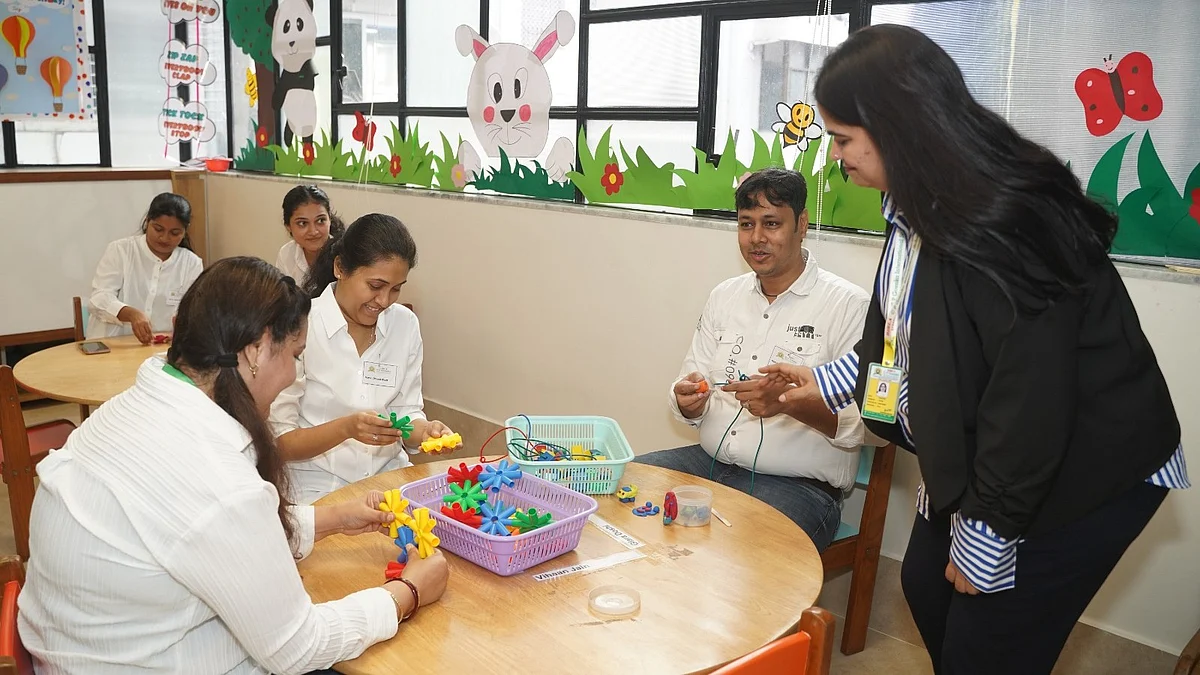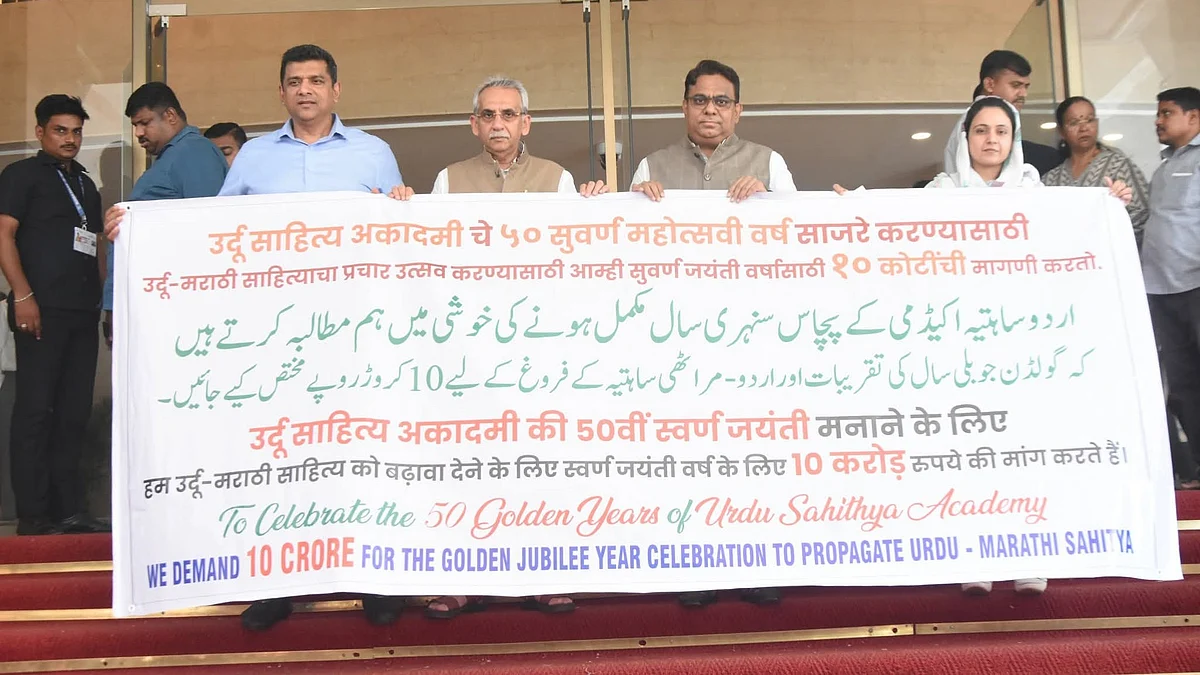Mumbai: The Bombay High Court has observed that although modern DNA technology has advanced, the courts have emphasised the need for assuring quality control, about the samples and also the techniques that are used for testing. There are chances of contamination while collecting samples and while testing, hence it is advised to strictly adhere to anti contamination measures to minimise the risk of contamination, the court underlined.
When such experts reports like DNA and Chemical Analysis (CA) are relied upon by the prosecution, fairness requires that each incriminating material circumstance must be put to an accused so that he is in a position to offer his explanation in that regard, the HC added.
The HC made the observations while hearing an application filed by a death convict seeking permission to cross examine two forensics experts whose reports were relied upon by the trial judge while sending him to the gallows.
The court has directed the sessions court at Pune to summon two forensics experts from Regional Forensic Science Laboratory there – Assistant Chemical Analysers VB Shahagadkar and DV Mali – in connection with the DNA report and Chemical Analysis (CA) report prepared by them in this case. After recording their evidence, the sessions court has been directed to allow the applicant accused to cross-examine them.
If any incriminating evidence is brought before the trial Judge during experts’ cross examination, then the same shall be put to the accused under Section 313 of Code of Criminal Procedure (CrPC), the HC has directed. Section 313 envisages power of the trial court to examine the accused to explain evidence adduced against him.
A bench of Justices Bharati Dangre Dangre and Manjusha Deshpande has asked to complete recording evidence of the expert witnesses within two months.
The high court was hearing an application filed by a man convicted for kidnapping and raping a minor girl in 2021 seeking to cross examine two forensics experts contending that he was not given an opportunity to cross examine these experts.
The sessions court at Pune sentenced the man to death on February 28, 2022. As per the law, a death sentence has to be confirmed by the high court. Hence, the State government filed a plea seeking confirmation of his death sentence. The accused had also filed an appeal against his conviction.
His advocate Sahana Manjesh submitted that the sessions judge neither called for any underlying material, nor did he deem fit to examine the signatory of the reports. Considering that the reports are evidence of scientific nature, it requires careful study and analysis. Denying cross examination opportunity amounts to violation of his right to fair trial guaranteed by Article 21 of the Constitution, the advocate argued.
Further, Manjesh contended that the DNA analysis kit was not kept in a controlled atmosphere specified by the scientific norms and therefore, the report cannot be relied upon as there are chances of contamination.
“It cannot be doubted that modern DNA testing can provide powerful new evidence as there are major advances in DNA technology… where it is now possible to determine whether a biological tissue matches a suspect… it can assist in nailing an accused or exonerating him by proving his innocence,” the bench said. “However, time and again, the Apex Court as well as the higher Courts have emphasised the need for assuring quality control, about the samples and also the techniques that are used for testing.”
There is a procedure emphasis on the manner of collection, packaging, storage and transportation of DNA samples to ensure that the quality and quantity of DNA for the purpose of analysis is preserved. Also, there are chances of contamination while testing. Therefore, it is advised to strictly adhere to anti contamination measures to minimise the risk of contamination, the court underlined.
The judges emphasised that the reports do not mention any details of the process or offer any clarification on the test conducted and the supporting laboratory documentation. “In addition, the strong likelihood of tampering/contamination of crucial samples in such a scenario cannot be ruled out,” the judges said.







